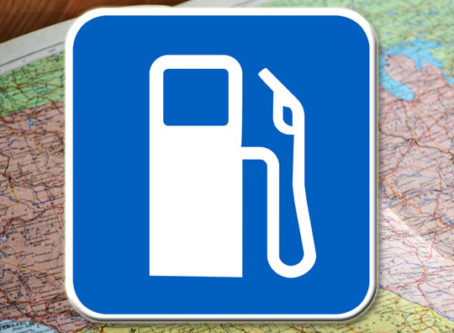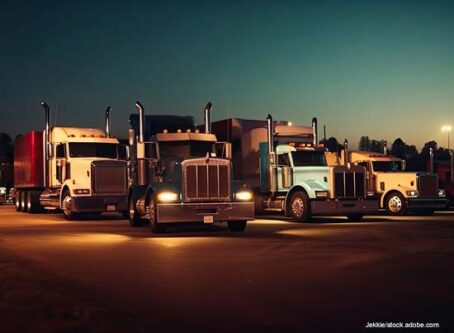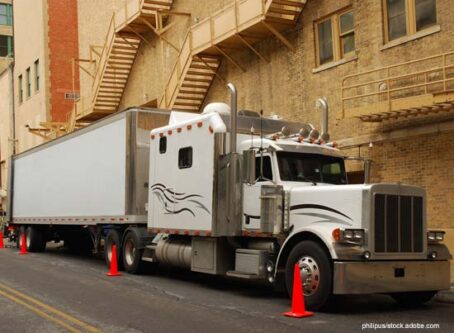States consider rule changes for license plate readers
Discussion about the use of automatic license plate readers is under review in multiple statehouses. The devices typically are mounted on police vehicles, road signs or traffic lights to track certain drivers’ movements.
Technology popular around country
High-tech cameras to capture the date, time and location that scanned vehicles passed are used in some capacity by about 600 local and state police departments and other state and federal agencies, according to the American Civil Liberties Union. Private business, such as repossession companies and vehicle insurance companies, also use the technology that can capture about 1,800 images per minute.
The technology is not without flaws. Conditions that include bad weather, poor lighting, dirt on plates, and even background colors can result in false matches.
To date, at least 16 states have enacted rules relating to the use of automated license plate readers. Among the group, there are six states to place restrictions on government or law enforcement use of the technology. There are eight states that limit how long data can be kept, and four states specify that data is exempt under public records laws.
Arkansas, Maine, and New Hampshire also prohibit the private use of readers, with limited exceptions.
Alabama
The Alabama Senate has approved a bill to allow law enforcement to use scanners on highways. The devices could be used for the investigation of a criminal offense.
State law does not prohibit the use of license plate readers, or license plate scanners, by law enforcement agencies in the state.
SB2 would permit law enforcement agencies throughout the state to exchange or share captured license plate data. The bill would also establish procedures for data exchanges or sharing.
Captured data would be required to be destroyed within 30 months of collection.
The bill has moved to the House Judiciary Committee.
California
In California, the Senate Appropriations Committee was scheduled to consider a bill Monday, April 5, to address the use of license plate readers.
State law limits the use of the devices. The California Highway Patrol is able to use the technology and retain information for up to 60 days. The National Conference of State Legislatures reports that an exception to the time limit specifies that data can be kept longer if it is being used as evidence in felony cases.
The highway patrol is required to report to the legislature how data is being used.
Sponsored by Sen. Scott Wiener, D-San Francisco, SB210 would require regular audits of police department’s use of readers. Additionally, retention of data that is not relevant to police would be restricted from being shared.
Illinois
An Illinois bill would require the Illinois Toll Highway Authority to install license plate reader systems along the Jan Addams Memorial Highway and Interstate 39.
Local law enforcement would be authorized to collect captured data. Another provision in the bill would prohibit law enforcement from using data for any purpose other than law enforcement.
Captured data would be required to be destroyed after 30 days.
Sponsored by Rep. Dave Vella, D-Rockford, HB1741 is in the House Judiciary – Criminal Committee.
Massachusetts
A Massachusetts House draft would put restrictions on the use of license plate readers.
Sponsored by Rep. Sarah Peake, D-Provincetown, HD3062 specifies it is against the law for state officials to use data collected by readers to monitor or track activity that is protected by the First Amendment.
Data could only be stored for 14 days. An exception would be made for information collected that is related to a specific criminal investigation.
Additional restrictions on captured data is included.
Pennsylvania
One Pennsylvania state lawmaker wants to enact restrictions on use of license plate reader data.
State law already permits police to use the data, as well as parking authorities and other not-law enforcement entities access to the scanners.
Rep. Greg Rothman, R-Mechanicsburg, is behind the bill to limit the use of data and to establish a grant program to help municipalities purchase readers.
Rothman cites the state’s termination of registration stickers on vehicles for the need for expanded use of the devices to verify whether any vehicle plate is out of compliance with vehicle registration, and other laws.
“The concern isn’t whether to use ALPRs to collect data, since they are already an invaluable tool for law enforcement, but rather this legislation aims to protect the right to have the information of Pennsylvanians kept private if they are doing nothing wrong,” Rothman wrote in a memo attached to the bill.
The bill includes a provision to limit how government can use readers, how the data can be collected and how long the data can be stored.
A grant program would provide funds to local law enforcement to acquire the devices.
HB133 is in the House Transportation Committee.
Tennessee
An effort advancing through the Tennessee General Assembly would limit sharing of data collected through license plate readers.
State law limits storage of data for up to 90 days unless it is part of an ongoing investigation.
HB809/SB699 would require captured data to be treated as confidential and not be made available to the public.
The Senate State and Local Government Committee voted unanimously on March 30 to advance SB699. The House version is awaiting consideration on the House floor. LL
More state trends
Keith Goble, state legislative editor for Land Line Media, keeps track of many trends among statehouses across the U.S. Here are some recent articles by him.









